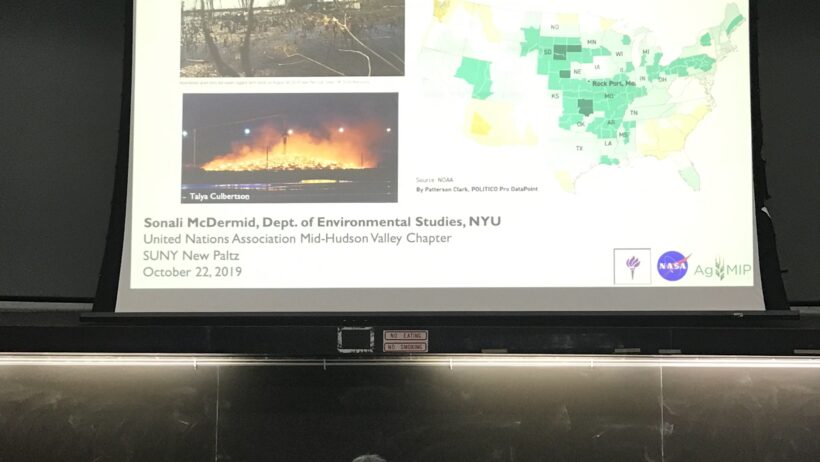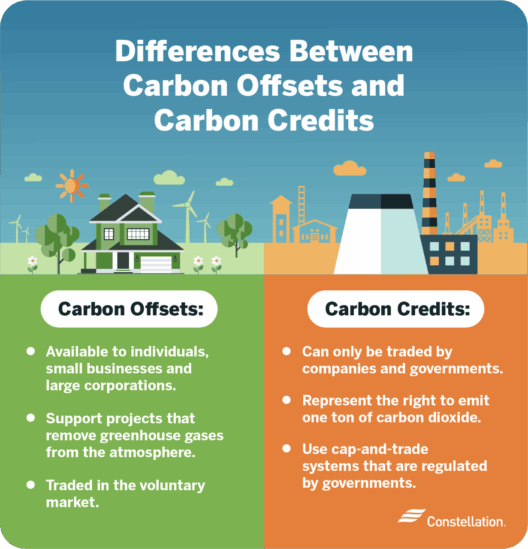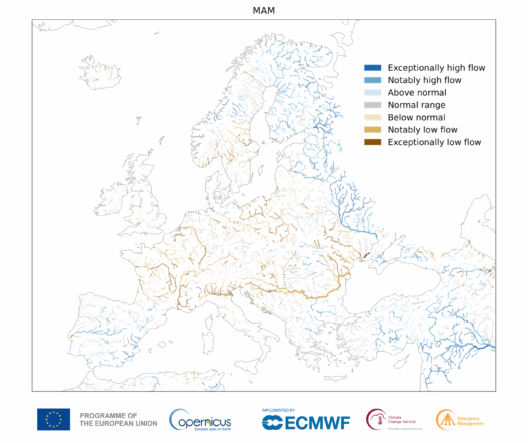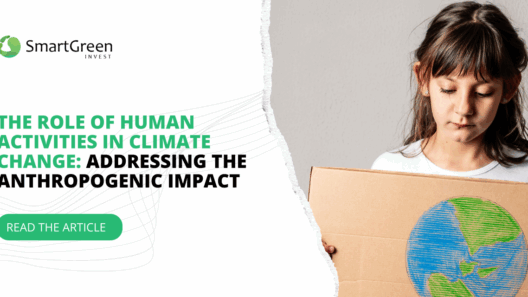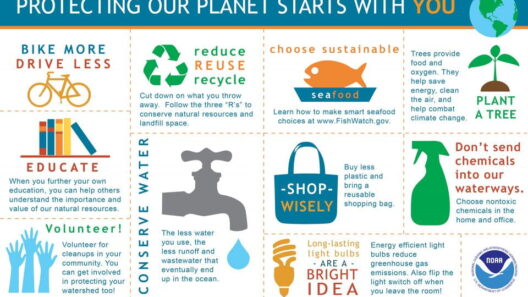Global warming represents one of the most formidable challenges facing humanity today. Its implications extend beyond rising temperatures and erratic weather; it fundamentally threatens our food supply. The very essence of our meals — the fruits, vegetables, and proteins that nourish us — are increasingly affected by climate change. This discourse aims to elucidate how global warming is jeopardizing the safety and availability of our food, thereby igniting a critical conversation around food security.
Firstly, it is essential to comprehend the connection between climate change and agricultural productivity. Higher average temperatures can lead to reduced crop yields. Many staple crops, including wheat, rice, and corn, are especially vulnerable to temperature fluctuations. For instance, studies indicate that a mere 2°C increase in global temperatures could result in a projected decline of 10-15% in yields for these crucial grains. This decline is attributable to heat stress on plants, which disrupts their growth and development. Furthermore, variations in temperature can elicit adverse changes in the phenological cycles of crops, potentially causing misalignments with traditional planting and harvesting periods.
In addition to increased temperatures, global warming exacerbates extreme weather events. Droughts, floods, and hurricanes have become increasingly frequent and severe. Such climatic phenomena ravage farmland, erode soil quality, and obliterate entire harvests. A singular instance worth noting is the extreme drought experienced in East Africa, which decimated livestock and led to widespread food shortages. These unpredictable weather patterns not only hinder immediate agricultural output but also threaten the long-term viability of crucial farming regions globally. The resultant instability in food production compels populations to contend with fluctuating prices and diminished access to essential sustenance.
Moreover, the implications of climate change extend beyond just crop yields; they envelop the entire agricultural ecosystem. Pests and diseases flourish in warmer climates, potentially leading to infestation and epidemic outbreaks that farmers cannot easily manage. Pest species, such as the fall armyworm, have expanded their range due to increasing temperatures, wreaking havoc on maize crops. This situation compels farmers to resort to heavy pesticide applications, which, while potentially effective in the short term, bring about dire environmental and health repercussions. The pesticide runoff contaminates water supplies, degrading ecosystem stability and endangering biodiversity.
Soil health is another casualty of global warming. With extreme weather phenomena and continuous chemical inputs, soil degradation manifests in the forms of erosion, nutrient depletion, and reduced organic matter. Fertile soil is a vital resource for food production; thus, its deterioration signifies that future generations may confront insurmountable challenges in producing safe, wholesome food. Healthy soil is paramount not only for crop growth but also for carbon sequestration, thereby playing an intricate role in combating climate change itself. The interdependence between soil health and climate resilience underscores the urgency of sustainable agricultural practices.
On the livestock front, global warming presents a dual challenge: it impacts both the animals’ welfare and the resources required to raise them. Higher temperatures can cause heat stress in livestock, resulting in lowered productivity in terms of milk and meat production. Additionally, livestock contributes to greenhouse gas emissions through methane, which exacerbates global warming. This cyclical dilemma necessitates a reevaluation of current agricultural practices and urges a shift toward sustainable methods. Furthermore, the intersection of climate change and pandemic risks cannot be overstated; zoonotic diseases could proliferate as habitats shift and wildlife immigrate, raising the stakes surrounding food safety.
In the face of these formidable challenges, the need for adaptive measures becomes evident. Innovative agricultural practices — precision farming, regenerative agriculture, and agroecology — present viable pathways to mitigate the adverse effects of climate change on food supply. Precision agriculture utilizes technology to monitor crop health, optimize resource use, and minimize environmental impacts. Regenerative agriculture emphasizes rebuilding soil health and enhancing biodiversity, while agroecology fosters sustainable practices that leverage local ecosystems. These methods not only counteract the negative ramifications of global warming but also promote resilience within food systems.
Policy interventions and global cooperation are pivotal in addressing the multifaceted impacts of climate change on food security. Governments and institutions must prioritize sustainable agriculture initiatives and invest in research and development to discover new strategies for climate adaptation. Additionally, supporting small-scale farmers — who are most vulnerable to the consequences of climate change — is essential. This support can take the form of financial assistance, education on climate-resilient practices, and access to technological innovations.
Lastly, as consumers, awareness and conscientious choices can contribute to alleviating pressure on our food supply chain. Seeking locally-sourced food, minimizing food waste, and advocating for transparency in food production practices are meaningful actions that can engender a collective response to the challenges posed by global warming. Understanding the origins of our food is integral to grasping the implications of climate change on our dinner plates.
In conclusion, the safety and availability of our dinner are intricately tied to the pervasive effects of global warming. The ramifications on agricultural productivity, soil health, pest dynamics, and livestock welfare pose significant threats to food security. However, through sustainable practices and collaborative efforts, it is possible to create a resilient food system that can weather the storm of climate change. The time is ripe for action — our dinner depends on it.



